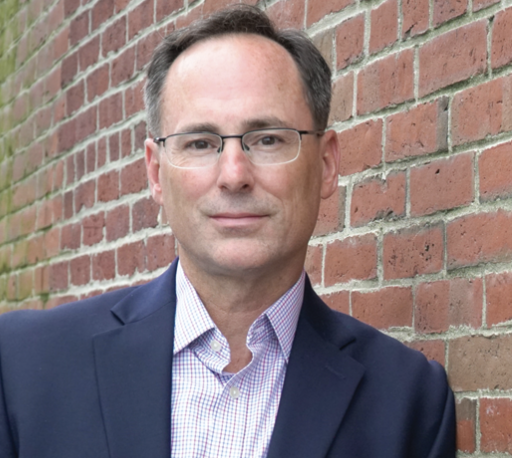This article originally appeared at JBartlett.org.
In response to severe labor shortages during the pandemic, legislators last year made New Hampshire the first New England state to recognize out-of-state professional licenses. Recognizing the license of, say, an accountant from Albuquerque or a barber from Buffalo, means that those people can move to New Hampshire and start working right away. Before that, they’d have to spend time and money to get a separate New Hampshire license even though they already have a license in good standing from another state.
Most states are moving toward universal license recognition because legislators around the country are seeing that it helps with employment and economic growth without compromising public health or safety.
But New Hampshire’s law has a snag that many other states have learned to avoid.
Occupational licensing law is highly protectionist by design. The effect, and often the intent, is to protect incumbent practitioners from competition. One bit of protectionist language common to many licensing laws is a two-word phrase. It’s often written as “substantially equivalent” or “substantially similar.”
States sometimes recognize out-of-state licenses only when training and education requirements are “substantially similar” to the in-state requirements. In theory, those words protect the public from inadequately trained practitioners. It’s more likely that they simply protect incumbents from competition.
New Hampshire’s new recognition law uses the phrase “substantially similar to New Hampshire’s licensing requirements.” It tasks the director of the Office of Professional Licensure and members of the relevant professional boards with making this determination.
That will strike many people as perfectly reasonable. But here’s the problem. What does “substantially similar to” mean?
Such a vague and subjective phrase means different things to different people. That’s one reason why House Bill 1272 would strike it from the law.
Testifying against HB 1272 this week, one gentleman said it would be very easy to replace this vague language with an objective test. Just pick a percentage. He suggested 90%. So, for example, if one state’s minimum hours of training or work experience were within 90% of New Hampshire’s, the out-of-state license would be accepted. Any variation of more than 10 percent would be rejected.
If only it were that easy.
New Hampshire requires cosmetologists to endure 1,500 hours of school or 3,000 hours of work experience to get a license. Massachusetts requires only 1,000 hours of school. A 90% threshold would prevent the state from recognizing the licenses of every cosmetologist in Massachusetts (and most other states, as our education requirement is extremely high).
New Hampshire requires 800 hours of education to get a barber’s license. Many states require more than 1,000 hours, but New York requires fewer than 300. Even setting the training hours variation at 50% would mean rejecting the license of every New York barber. Surely no one believes that Anderson Cooper’s and David Muir’s barbers are dangerously undertrained.
Even using the vague “substantially similar to” language, one could argue for rejecting New York barber licenses.
This kind of challenge is why most states adopting license recognition laws in recent years have opted not to use language that attempts to match license requirements across states.
Of 21 states that have adopted license reciprocity laws since 2013, only nine include a phrase requiring substantial similarity between state licenses, according to a report last year by the Archbridge Institute. Two states that used that language later dropped it.
The trend is toward eliminating this phrase, as studies typically show that licensing laws themselves don’t produce noticeable reductions in consumer harms.
A 2020 study of state licensing law effects, for example, found that “more stringent licensing regulations are associated with less competition and higher prices but not with any improvement in customer satisfaction….”
A 2022 study found “no evidence that licensing raises quality and some evidence that it can reduce it.”
Supporters of retaining a “substantially similar” test point out that sometimes states define the same occupation differently. Occasionally, these variations in the “scope of practice” of a particular occupation are large.
Several states have addressed this issue either by recognizing only similar scopes of practice or by allowing licensing boards to compare the scope of practice. Idaho, for example, lets licensing boards issue a limited license if the scope of practice is significantly smaller in the licensee’s home state.
A scope of practice measure is less subjective and less liable to abuse by protectionist licensing boards than is language that forces state agencies or boards to determine whether training requirements are substantially similar.
Abundant research on state licensing laws shows that less restrictive laws bring greater economic benefits. New Hampshire, with a serious labor shortage, should want to make it as easy as feasible for out-of-state licensees to move here and begin working.
Finding and eliminating statutory language that can be easily abused to limit competition and raise prices would prevent those bad outcomes before they have a chance to occur.





